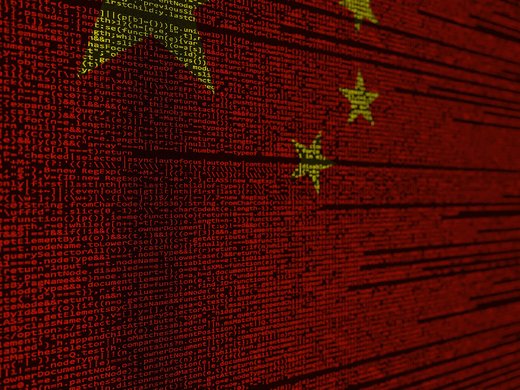Intermediaries have long existed — think real-estate agents to stockbrokers to the village matchmaker. The Internet has brought with it new types of intermediaries, with new capabilities, operating at scales far beyond yesteryear’s librarians and brokers. Internet companies today serve as intermediaries for literally billions of transactions a day.
For better or worse, Internet intermediaries have become a focal point for Internet regulation across the world. Because they help businesses, organizations and individuals to connect across the world in ever more domains of life, Internet intermediaries have come to be seen as crucial arbiters of what is allowed and not allowed in a society. Governments see them as central points at which to exercise control, a far easier task than regulating the individuals who use the Internet directly. Governments often require intermediaries to censor information so that it is not distributed among their citizenry, and also to turn over some of the information they gather from their users.
But requiring Internet intermediaries to serve as online censors and police harms free expression and undermines the development of new enterprises, which generally lack the resources to satisfy extensive monitoring obligations. When the law exposes intermediaries to liability for the actions of their users, intermediaries have an economic incentive to censor anything potentially controversial. When the law requires intermediaries to reveal the actions of their users to the police, individuals refrain from even legal actions.
Internet intermediaries can foster freedom online, or they can undermine it, censoring and monitoring the population. The challenge is to encourage Internet intermediaries to help people find what they are looking for, share with each other what they want to share, and educate themselves, in ways that are consistent with both local and international law.


